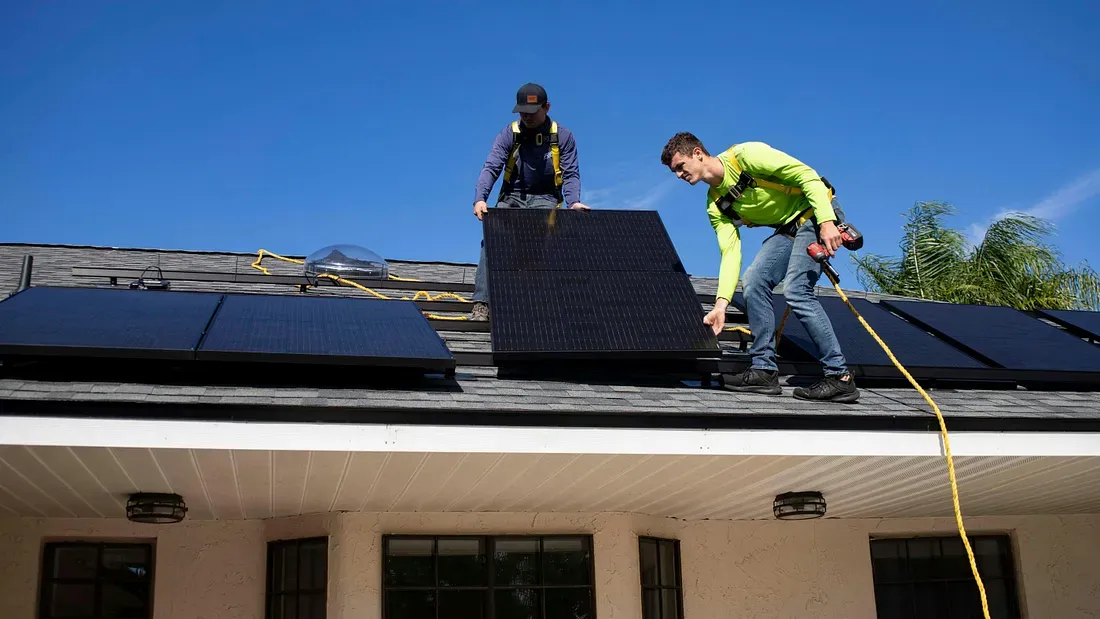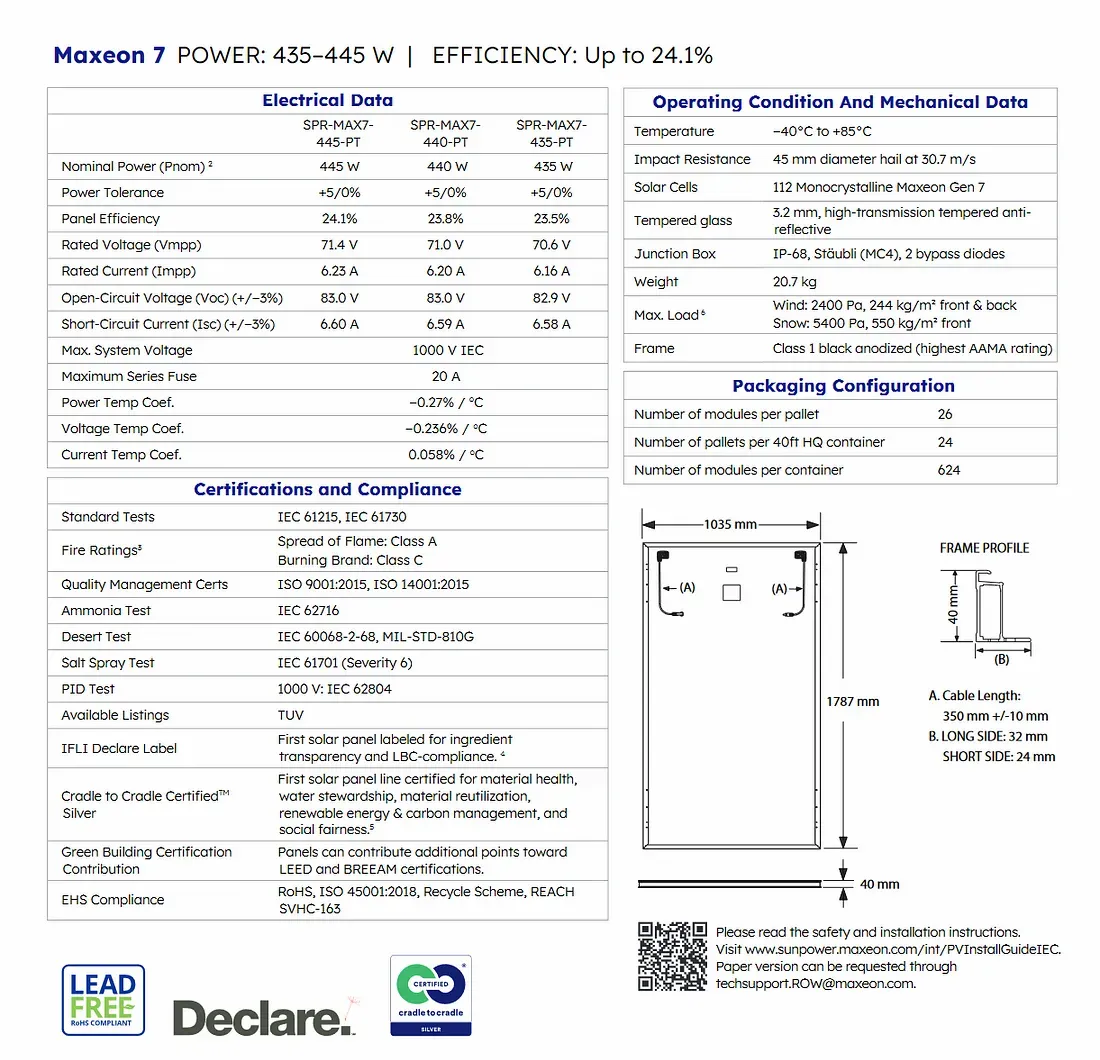How to Choose the Most Efficient Solar Panels for Your Home in 2024
1 comment
The solar energy market continues to evolve rapidly, with new technologies and innovations driving the development of highly efficient and durable solar panels. Whether you’re a homeowner looking to reduce your electricity bills, a business owner aiming for sustainability, or simply a tech enthusiast curious about the latest in renewable energy, choosing the right solar panel can make a significant difference.

What is solar panel efficiency ?
Efficiency refers to how well a solar panel converts sunlight into electrical energy. The term “efficiency” is often thrown around, and people frequently assume that higher efficiency means better performance. However, performance doesn’t solely depend on efficiency; many factors affect a solar panel’s performance, including sunlight intensity, panel orientation, temperature, debris, inverter quality, and more. While higher efficiency might allow you to generate more electricity with fewer panels, other parameters like cost, functionality, and even aesthetics should also be taken into account.

The Maxeon 7 solar panel data sheet shows different panel efficiencies, ranging from 23.5% to 24.1% for the SunPower Maxeon series
What affects solar panel efficiency
Temperature plays a significant role. As temperature increases, the efficiency of the solar panel drops due to increased internal resistance. Specifically, for every degree Celsius increase above the panel’s optimal operating temperature (usually around 25°C or 77°F), the panel’s efficiency typically drops by 0.3% to 0.5%. This is known as the temperature coefficient. Hotter environments can thus lead to decreased output, even if there’s plenty of sunlight. Other factors, such as the angle and orientation of the panels, as well as shading or dirt on the panel’s surface, can also lower performance.
Can solar panels ever be 100% efficient ?
The short answer is no, thanks to thermodynamics. The maximum theoretical efficiency of a single-junction silicon-based solar cell is around 33.7%. This is called the Shockley-Queisser limit. There are three major reasons why a silicon solar cell can never be 100% efficient
- A lot of energy is lost as heat when sunlight hits the panel.
- Silicon is not ideal for absorbing the full spectrum of sunlight, but it remains popular because it’s cheap and abundant.
- Real-world factors like dirt on the panels, shading, and suboptimal sunlight angles further reduce a panel’s performance. Even the best panels don’t operate at peak efficiency all the time.
what factors should one consider when choosing solar panels?
When it comes to choosing solar panels, you’ve got to think about a few key factors to get the most bang for your buck. First up, is efficiency, you want panels that can turn as much sunlight as possible into electricity, especially if roof space is limited. Cost is another big factor. While cheaper panels might seem tempting, they could cost you more in the long run if they’re less efficient or don’t last as long. Speaking of lasting, check for durability and a solid warranty is important. A solid 25 year warranty period for the panels is a good standard.
Take a good look at your roof condition too. Make sure it’s in good shape and the angle is right for maximum sun exposure. Your local climate and sunlight are major players, too. More sun equals more energy, so plan accordingly. And remember, proper installation is key to long-term performance, so hire a pro for the job.
Finally aesthetics, it’s not a major factor but if you’re the type who likes a sleek, modern vibe for your home, some solar panels come in elegant, all-black designs that blend right in with your roof. Want your house to look classy while soaking up the sun? Opt for panels that give you that clean, minimalist look because going green doesn’t mean sacrificing style!
Comments